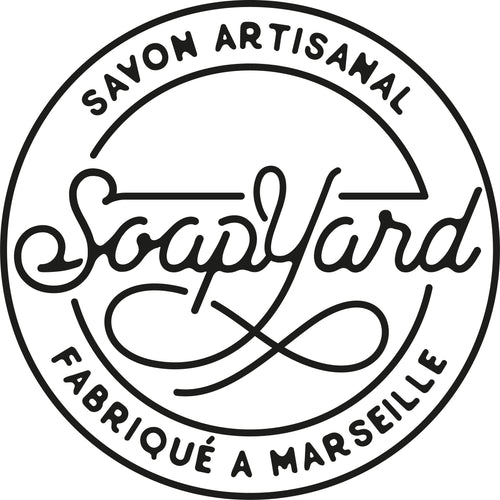The Truth About Castor Oil: Uses, Benefits, and Potential Risks
Castor oil has long been praised for its numerous health and beauty benefits, but like any popular ingredient, it comes with its share of myths and concerns. In this blog, we’ll explore the eco-friendly reputation of castor oil, discuss whether the fears around ricin (a byproduct of castor oil production) are justified, and highlight why Soapyard has opted for alternative oils such as olive, palm laurel, argan, and shea butter for their skincare products.
What is Castor Oil and Why is It So Popular?
Castor oil is derived from the seeds of the castor plant (Ricinus communis) and has been used for centuries in traditional medicine and skincare. Known for its thick, viscous texture, castor oil is often praised for its moisturizing, anti-inflammatory, and antimicrobial properties.
Some of the key uses of castor oil include:
- Moisturizing the Skin: It’s well-known for its ability to deeply hydrate dry, flaky skin.
- Boosting Hair Growth: Many people use castor oil to promote fuller, thicker hair.
- Healing Properties: Its anti-inflammatory and antibacterial properties help in soothing irritated or damaged skin conditions like eczema and acne.
Is Castor Oil Eco-Friendly?
Castor oil has a reputation for being a sustainable and renewable resource. The castor plant is drought-resistant and grows quickly, making it a potentially eco-friendly crop. However, its cultivation requires large amounts of land and can be resource-intensive. In some regions, unsustainable farming practices and monoculture can contribute to environmental degradation.
Is Ricin a Risk from Castor Oil?
One of the most common concerns surrounding castor oil is the presence of ricin, a highly toxic protein that is naturally found in castor beans. Ricin poses no risk in the form of commercially processed castor oil. The process of producing castor oil involves removing the toxins from the seeds, ensuring that the oil itself is safe for use. In fact, castor oil has been widely used in various industries for centuries without any major safety concerns linked to ricin.
Our commitment to eco-friendly and allergy-friendly formulations means we prioritize ingredients like:
- Olive Oil: Known for its hydrating properties and rich in antioxidants.
- Sustainable Palm Offers a gentle cleanse while being environmentally conscious.
- Laurel Oil: Traditional oil typically used in Mediterranean countries
- Argan Oil: High in vitamin E, argan oil helps nourish and soften the skin.
- Organic Shea Butter: Provides deep hydration while promoting skin elasticity and smoothness.
The Hype About Castor Oil and Its Alternatives
While castor oil has its benefits, many of us are now seeking alternatives that align with eco-conscious values and skin sensitivities. At Soapyard, we focus on creating products that offer exceptional hydration and nourishment.
Take our Ginseng Curcuma Well-being Soap for example, made with olive oil, argan oil, and shea butter – perfect for those who are looking for gentle, effective cleansing. You can explore these eco-friendly options on Soapyard.com and discover how we blend traditional ingredients with modern formulations.
Conclusion
Castor oil has a long history of use and benefits, but concerns about allergens and sustainability have led many to seek alternatives. At Soapyard, we prioritize skin-friendly and environmentally responsible traditional soap ingredients like certified sustainable palm oil, olive oil, argan oil, and organic shea butter, ensuring that our products remain both safe and effective. If you’re looking for nourishing skincare solutions, explore our range of artisan soaps crafted in Marseille, inspired by tradition and made for modern living.
SEO Keywords: Castor Oil, Eco-Friendly Skincare, Ricin-Free, Sustainable Oils, Soapyard, Olive Oil, Argan Oil, Shea Butter, Skincare Alternatives, Marseille Soaps, Ginseng Curcuma Soap.

